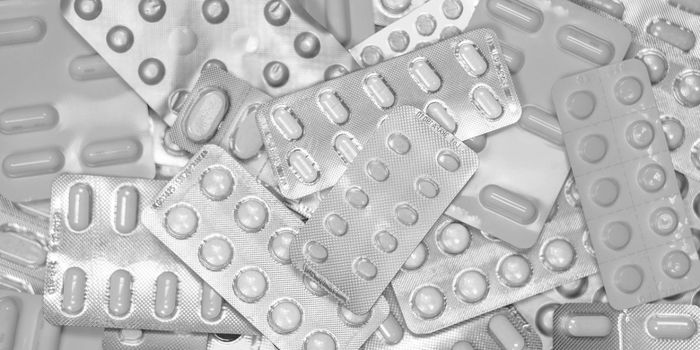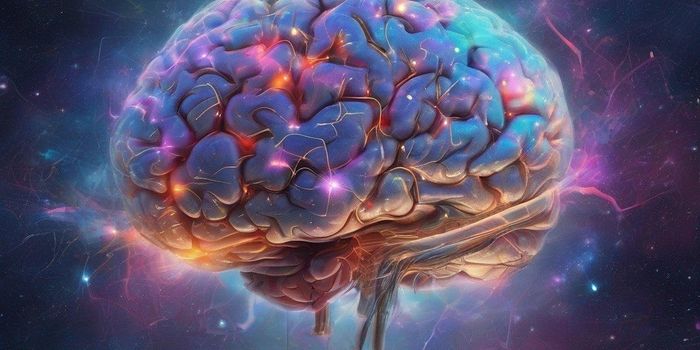Engineered bacteria-derived genes as a therapy for heart disease
Irregular heartbeats, or arrhythmias, are a common medical condition in the United States and occur when electrical signals that control heart muscles become uncoordinated and fail to work properly. Heart arrhythmias can be harmless and pass with nothing more than a feeling of fluttering or racing in the chest. However, some types of arrhythmias can lead to a quick and unexpected death.
Aside from death, arrhythmias are thought to be an underlying cause of disorders such as Alzheimer’s disease and age-related dementias, and can lead to heart failure, cardiac arrest, and stroke. As mentioned above, arrhythmias are prevalent in the United States, and a common type of arrhythmia, called atrial fibrillation, affects close to 12.1 million Americans.
Treatment for arrhythmia varies and includes drug-based therapies and more invasive procedures like pacemaker implantation. However, in a recently published article, researchers from Duke University explain how engineered bacterial genes can be delivered to the heart to treat arrhythmia.
While there are multiple causes for heart arrythmias, one common cause is a decrease in heart tissue excitability which is commonly caused by genetic mutations that lead to a decrease in heart sodium channels. Sodium channels are proteins that sit on the surface of excitable cells, such as the muscle cells of the heart. These channels are critical for allowing heart cells to communicate with each other and coordinate the contraction of the heart.
The research team hoped to correct this decrease in heart tissue excitability caused by low sodium channels. To do this, they engineered bacteria-derived sodium channels and packaged these engineered channels into adeno-associated viruses. This was an important feat the research team had to accomplish because mammalian-derived sodium channels are too large to be delivered to the heart.
As a first step, the researchers tested their bacteria-derived sodium channels in mice. When they delivered the engineered channels to the mice, the researchers found that the sodium channels were stably expressed in mouse heart tissue six weeks after delivery. Moreover, the bacterial derived sodium channels had no noticeable adverse effects on the heart.
Dr. Nenad Bursac, the lead author on the study, said, “We were able to improve how well heart muscle cells can initiate and spread electrical activity, which is hard to accomplish with drugs or other tools.” The researchers are continuing to refine their techniques and have already identified a different bacteria-derived sodium channel gene that appears to work better than the one they had tested in this study.
Sources: Mayo Clinic; New England Journal of Medicine; CDC; nature; Khan Academy








